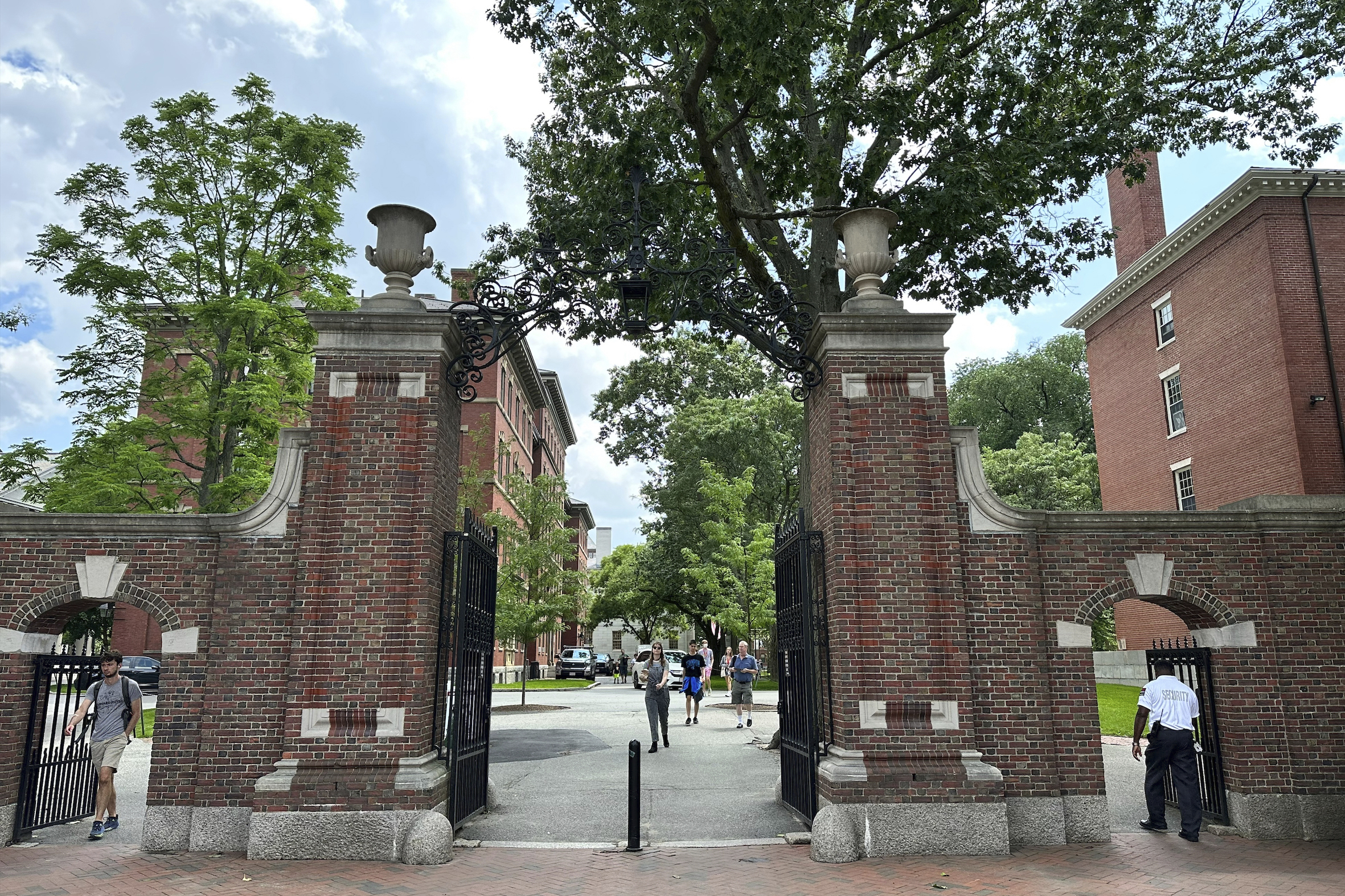Harvard, facing federal complaint over legacy admissions, is on the ‘wrong side of history’
Lawyers for Civil Rights, the group which filed a complaint against the Ivy League school, says it wants to end the practice more broadly.
Lawyers for Civil Rights, a legal advocacy group behind a federal complaint filed against Harvard College’s legacy admissions program, says it is determined to end the discriminatory practice at the famed Ivy League institution and beyond.
The complaint, filed on behalf of The Chica Project, the African Community Economic Development of New England (ACEDONE), and the Greater Boston Latino Network (GBLN), calls for the Department of Education to investigate Harvard’s practice of giving preferential treatment to applicants who have ties to alumni or donors.

Michael Kippins, a litigation fellow with the Lawyers for Civil Rights, told theGrio, “Harvard is on the wrong side of history.”
“Harvard has a choice. They’re in a position to voluntarily eliminate their donor and legacy preferences, which would do away with the need to have the Department of Education investigate and come to a conclusion that Harvard is violating Title IX of the Civil Rights Act of 1964,” Kippins said.
“This is a crucial investigation to ensure that barriers to equitable education are taken down,” he said.
According to a press release, the complaint states that, “Nearly 70% of Harvard’s donor-related and legacy applicants are white, and they receive a substantial boost based on their status.”
“Donor-related applicants are nearly seven times more likely to be admitted than non-donor-related applicants,” it reads.
Kippins told theGrio that he is “looking for the Department of Education to be thorough in its investigation.”

“While the complaint does name Harvard, specifically, we understand that other schools employ these donor and legacy preferences that are discriminatory and to the benefit of predominantly white applicants,” said Kippins.
“So we urge the Department of Education to look at Harvard’s practices…but with the understanding that this is a type of issue that would have a widespread impact across the nation with other institutions,” he added.
Kippins filed the complaint last month, following the Supreme Court’s reversal of affirmative action in the college admissions process.
The Supreme Court’s decision made it “all the more imperative and all the more urgent to ensure that barriers to equitable education and access were undone,” said Kippins.
TheGrio is FREE on your TV via Apple TV, Amazon Fire, Roku and Android TV. Also, please download theGrio mobile apps today!

